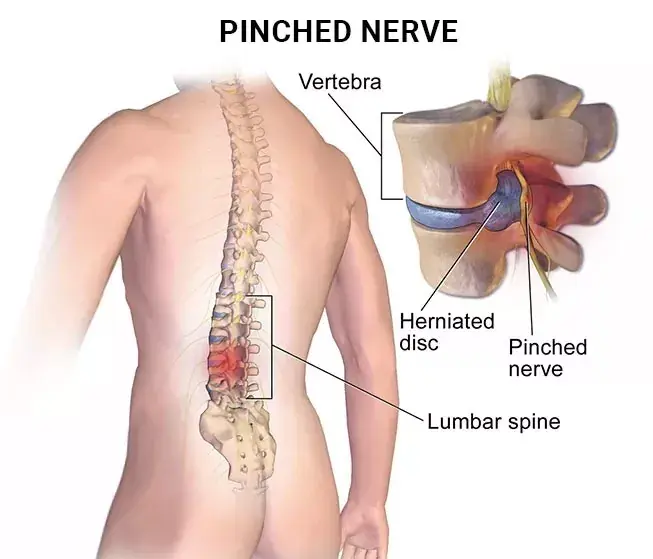Tuning Hormones to Sleep
- Dr. Jill Evans

- Oct 20, 2020
- 2 min read
If sleep continues to elude you, it could be hormones.
You've dimmed the lights. Turned off the electronics. Relaxed. Gotten into bed, shut your eyes, and thought of a calm blue ocean. And you still can't sleep.
Thanks for nothing, calm blue ocean.
Some hormones, like melatonin and growth hormone, help us sleep. They make us feel drowsy, and they rejuvenate and rebuild our bodies while we're in dreamland.
But some hormones—while they help us lose fat and stay healthy during the day—can cause problems at night. Below are a few more common hormonal concerns.

Cortisol and adrenaline can keep you awake
Cortisol helps "unlock" stored body fat so you can use it as energy. Adrenaline (aka epinephrine) does the same thing, especially if our cortisol stores are low (like when we're chronically stressed).
So we want both to be lower when we're trying to relax, like before bed.
But if we're chronically stressed, cortisol and adrenaline might stay high, or ebb and flow at the wrong times. This leaves us feeling "wired and tired"—desperate to sleep but buzzing.
Or, we might get the classic 4 a.m. "blast out of bed" wakeup as adrenaline kicks in to free up some overnight blood sugar.
If you can't go to sleep, high cortisol may be contributing. If you wake up early, it could be adrenaline (and low cortisol, which gets depleted by chronic stress).
Thyroid issues
If you're over 35 or under chronic stress, there's a greater chance your thyroid may be out of balance.
Think of thyroid metabolism as the "idling speed" of your body engine.
Low thyroid can slow down many body processes and lead to fatigue, weakness, lack of energy, and trouble falling—and staying—asleep.
Overactive thyroid revs you up, creating anxiety and restlessness. The excess energy can make it difficult for the body to know when it's time to shut down for the night.
Estrogen, progesterone, and menopause
Find yourself kicking off the blankets in the middle of the night and wondering if your sheets are on fire? If you're a female in your late 30s or early 40s, sleep disruptions could be related to menopause.
As ovaries slow their production of estrogen, it can lead to waking up in the night or experiencing "night sweats" or hot flashes.
Progesterone, the other "female hormone", also declines during menopause, often more quickly than estrogen. Since progesterone has a calming effect, low progesterone can also affect sleep.
Symptoms can get worse if:
You're stressed, aren't eating a nutritious diet, or have excess body fat.
You're on a major exercise tear (especially endurance training, such as long-distance running)
You've been on a long-term restrictive diet
What can you do about it?
Nutrition, movement, and your environment are powerful regulators of our hormones.
Include a handful of high-fiber, slow-digesting smart carbs at every meal. Carbs help with hormone synthesis (including the feel-good sleepytime hormone serotonin) and curbing hunger.
Eat about every 3–4 hours, when you're hungry. Don't fast or skip meals.
Balance any intense training with more relaxed activities, like yoga or going for a walk.
Get bright light while you're awake and darken your environment as much as possible before bed.
This will help re-set your hormonal clock.
If you're concerned about underlying hormonal problems, consider scheduling an appointment with us so we can run your labs, get the whole story of what your body is saying and heal the root issue. 828-382-8005






Comments